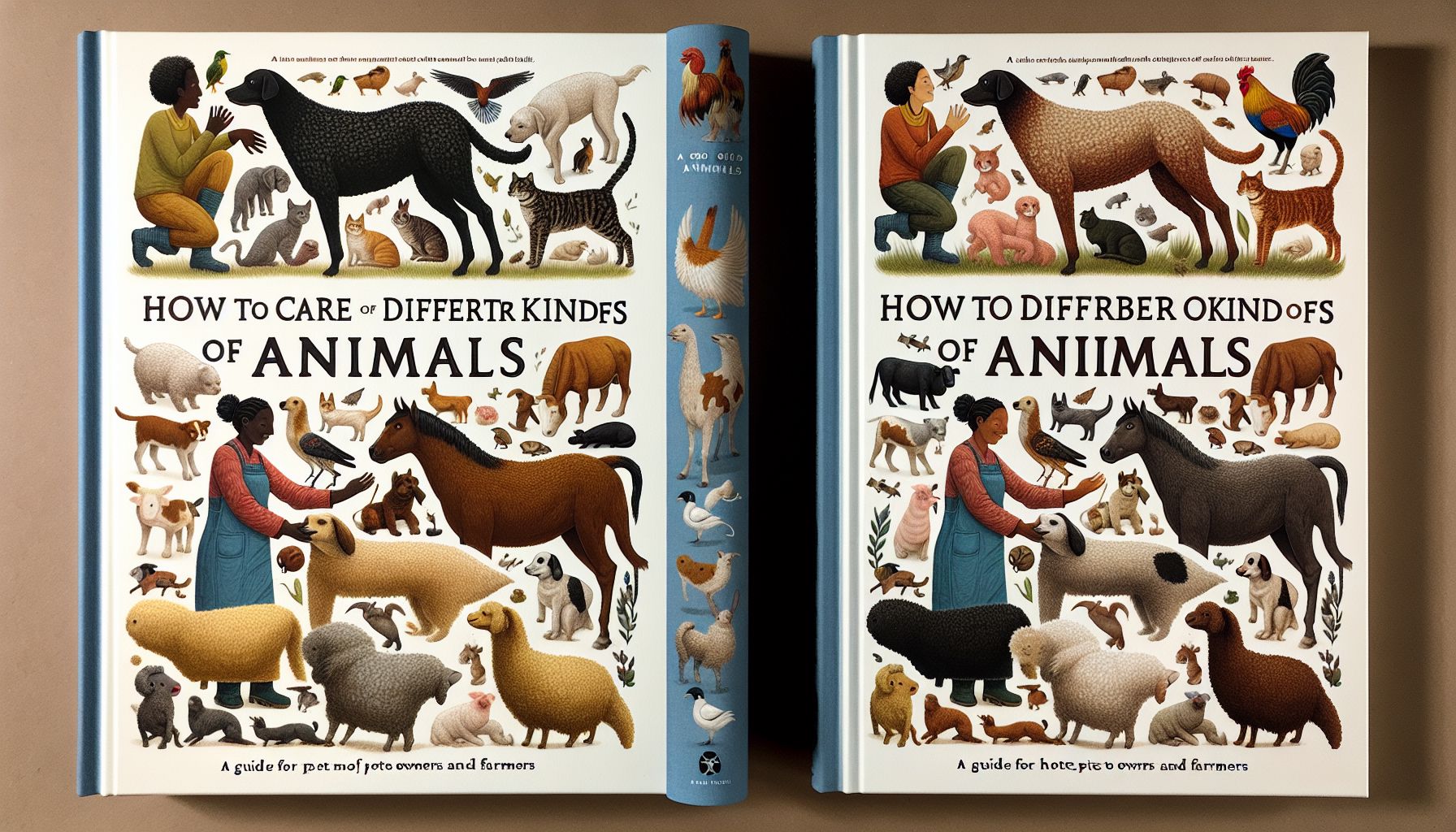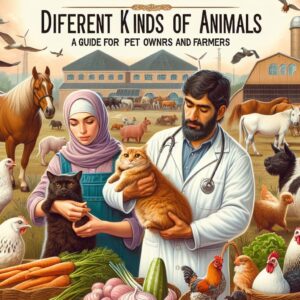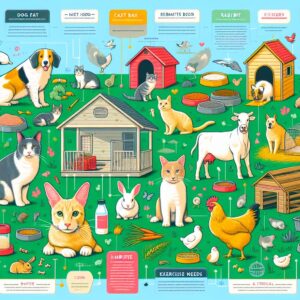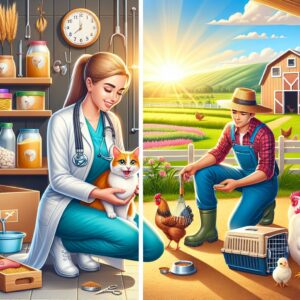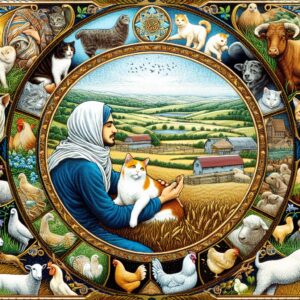When it comes to owning animals, whether as pets or for livestock purposes, it is essential to provide the utmost care for their health and well-being. From ensuring proper nutrition to maintaining a safe environment, responsible animal care is crucial. In this article, we will discuss some essential tips and guidelines for caring for different kinds of animals, catering to both pet owners and farmers.
1. Pet Owners: Providing Optimal Health for Your Beloved Companions
a. Dogs and Cats
For pet owners, dogs and cats are often considered part of the family. To ensure their well-being, follow these guidelines:
- Create a balanced diet: Provide your pets with a nutritionally balanced diet, including high-quality pet food, fresh water, and occasional treats.
- Regular veterinary check-ups: Schedule routine visits to the veterinarian to monitor their health, receive vaccines, and address any concerns.
- Exercise and mental stimulation: Engage your pets in regular physical exercise and mental stimulation activities to keep them happy and healthy.
- Socialization: Allow your pets to interact with other animals and humans to develop positive behaviors and avoid anxiety or aggression issues.
- Grooming: Regularly groom your pets, including brushing their coats, trimming nails, and cleaning their ears, to prevent any potential health issues.
b. Birds, Fish, and Small Mammals
For owners of birds, fish, or small mammals, such as hamsters or rabbits, attention to specific care needs is vital:
- Habitat and cleanliness: Create suitable cages or tanks and ensure they are clean and safe. Provide ample space, appropriate bedding, and environmental enrichment.
- Proper diet: Research and provide species-specific diets to ensure optimal nutrition for your bird, fish, or small mammal.
- Socialization and mental stimulation: Interact with your pet in a manner appropriate for its species, providing toys and activities to keep them engaged.
- Veterinary care: Similar to cats and dogs, schedule regular check-ups with a veterinarian with expertise in birds, fish, or small mammals.
2. Farmers: Responsible Animal Husbandry for Livestock
a. Cattle and Horses
For farmers who own cattle and horses, following these guidelines ensures their well-being:
- Adequate space and shelter: Provide a comfortable living environment with ample grazing areas, access to clean water, and appropriate shelter to protect them from harsh weather conditions.
- Balanced nutrition: Offer a balanced and nutritious diet, including appropriate amounts of roughage, concentrates, and mineral supplements.
- Preventive healthcare: Regularly vaccinate and deworm your animals according to veterinary recommendations, while keeping an eye out for any signs of illness or injury.
- Hoof care: Regularly trim your livestock’s hooves and maintain proper hoof health, preventing lameness issues.
- Exercise and socialization: Allow your animals to engage in natural behaviors through adequate exercise and socialization with other herd members.
b. Poultry and Swine
If you are a farmer raising poultry or swine, consider these guidelines for optimal animal care:
- Providing suitable housing: Ensure your poultry and swine have clean, well-ventilated housing that protects them from extreme temperatures and predators.
- Appropriate diets: Feed your animals species-specific balanced diets, meeting their nutritional requirements for growth and maintenance.
- Disease prevention: Implement biosecurity measures to prevent the introduction and spread of diseases among your livestock.
- Regular veterinary visits: Engage the services of a livestock veterinarian to monitor the health of your flock or herd, provide necessary vaccinations, and address any concerns.
- Proper waste management: Establish proper waste management systems to minimize the risk of diseases and environmental impacts.
Conclusion
Caring for animals, whether as pets or livestock, requires responsibility and dedication. By following these guidelines, pet owners can ensure their beloved companions enjoy a healthy and happy life. Similarly, farmers can implement responsible animal husbandry practices to maintain the well-being and productivity of their livestock. Remember, providing proper nutrition, adequate shelter, regular veterinary care, and opportunities for mental and physical stimulation are key to caring for our animals and fostering a strong bond with them.
